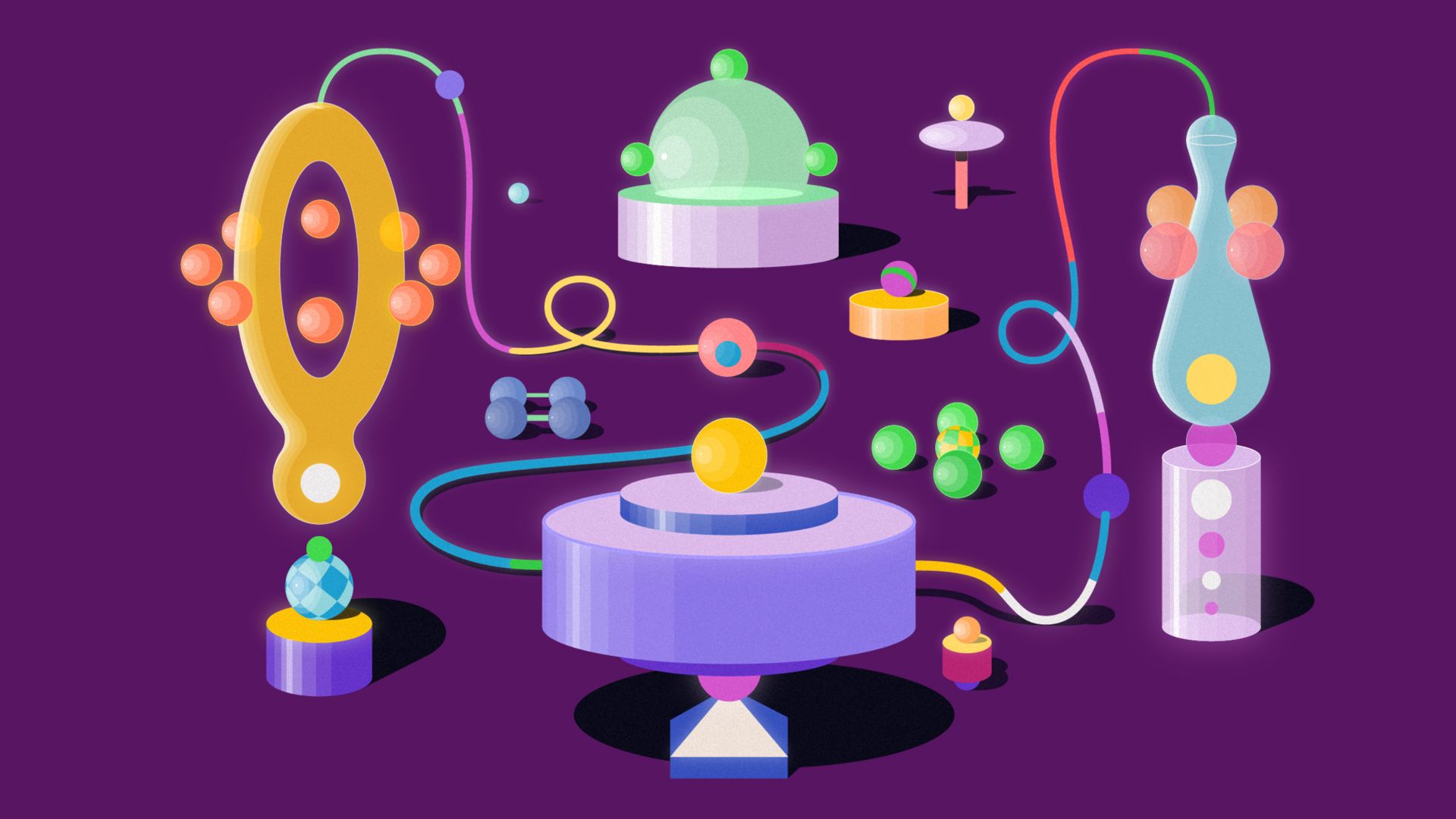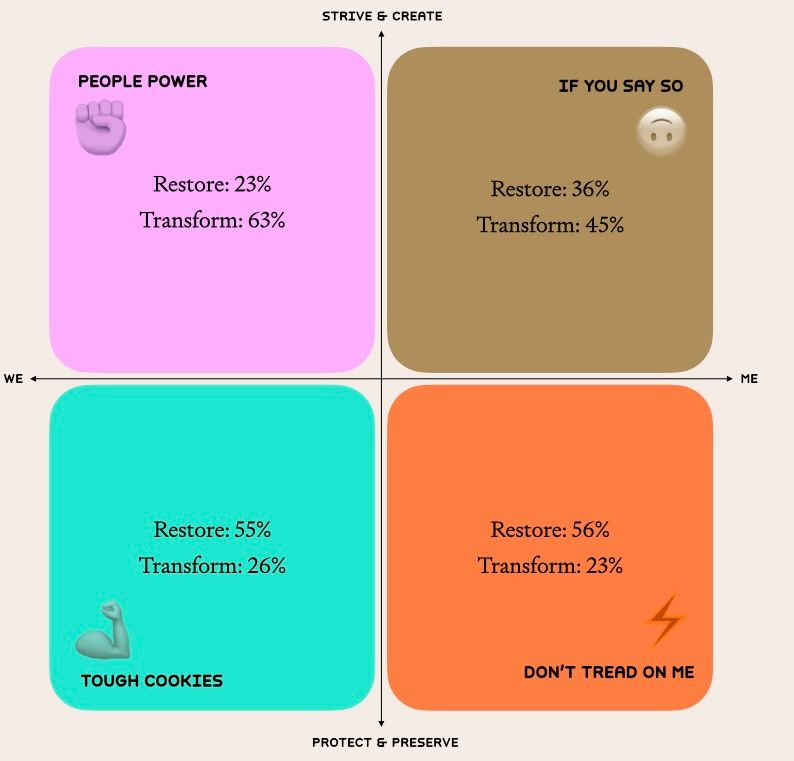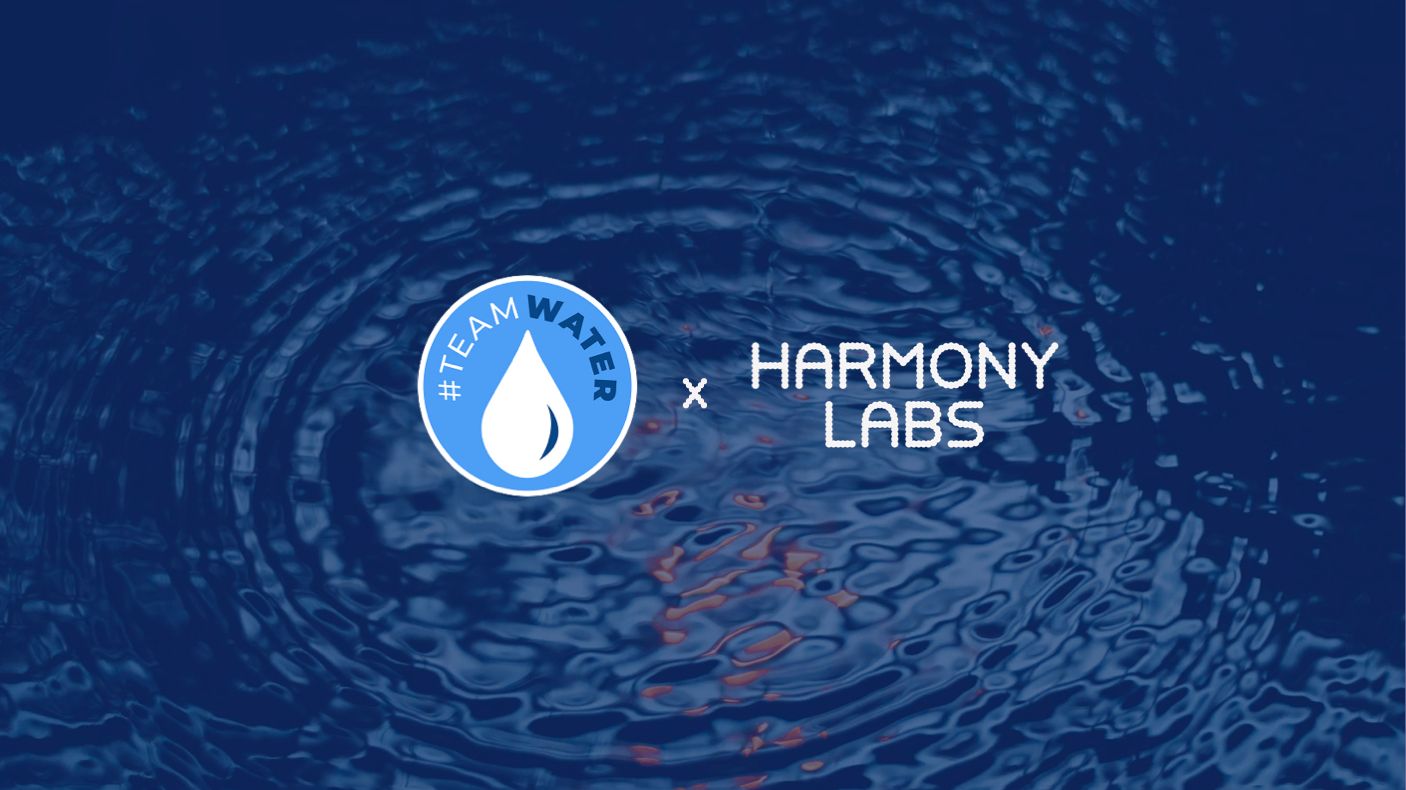Four Principles For Building Power in Media


2025-09-11
What do Abraham Lincoln, Martin Luther King Jr., Jesus Christ, and Katniss Everdeen have in common? They are all popular figures that feature in audiences’ responses to “name someone (fictional or in real life) who made their society more democratic.” People’s views on democracy are shaped by deeply personal stories that contain underlying beliefs about how the world works and inform how people see their roles in society. In our latest Deep Story Survey, we explored what these personal experiences—like people’s democracy heroes—reveal about how each of our four values-distinct audiences imagine an ideal government.
We started by asking audiences in the U.S. whether the country should “restore or transform democracy” and the responses revealed deep divisions along values lines:

In the audience map above we see audiences in the north pole (strive & create) want to transform democracy while the audience to the south (preserve & protect) want to restore democracy, regardless of individualist or collectivist orientation (me or we).
Despite these apparent divisions we discovered something more nuanced when we asked our question about democracy’s heroes. In these responses we see people across the political spectrum sharing remarkably similar principles about how government should work.
What’s striking is that even audiences who reject the term “democracy” entirely, still endorse its core principles. Some respondents pushed back with statements like:
Yet when we look at what both conservative and progressive audiences want from government, we see remarkable alignment. People in the U.S. want a government that:
Represents the majority, not special interests
Is responsive and accountable, not corrupt
Provides equal protection for minority and individual rights
Understanding these different democratic stories—and the shared principles underneath—suggests our political conversations might be more productive if we focused on these common goals. Whether someone calls it democracy or constitutional republic, most people in the U.S. want the same thing: representative, responsive government that protects everyone’s rights equally.
That doesn’t mean the work will be easy. While people might be working toward the same goal, different audiences definitely aren’t taking the same path to get there. Some are doing the work of restoration while others are focused on transformation, all achieved via the actions of different kinds of heroes—from peacemakers to commanders, to caregivers to dreamers. Moving forward, we’re curious about how we can tell the stories that help us understand how to travel together, or at least side-by-side, on our different journeys to this shared destination. If you have ideas for what kinds of stories these might be, get in touch!



